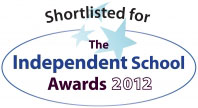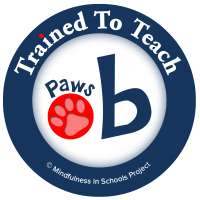

EYFS
The Foundation Stage Curriculum
The casual visitor to Foundation Stage classes may often dismiss many of the activities they observe as children 'just playing'. However young children do not usually make the distinction between work and play and the classrooms provide a rich learning environment which results from thoughtful and informed resourcing and organisation. Learning through play is a cornerstone of early years education.
The Foundation Stage staff are fully qualified professionals with many years of experience in childcare and with a proven record of excellence in teaching. The foundation stage teachers, led by Head of Early Years, Mrs Monteforte (Reception Form), aim to provide a structured environment for learning and the curriculum is carefully planned to provide opportunities for learning in the context of purposeful play in a meaningful situation.
The curriculum is divided into seven areas of learning and development and is based on the DfEE document 'Curriculum Guidance for the Foundation Stage'. The seven areas are:
- Communication and language development.
- Physical development.
- Personal, social and emotional development.
- Literacy.
- Mathematics.
- Understanding the world.
- Expressive arts and design.
- In addition, we follow a PE programme which involves both indoor and outdoor activities.
Computers are used in the classroom to support learning and the children have access to the interactive white board on a daily basis. Learning is topic-based and activities are planned by all staff to cover all areas of the curriculum with a new topic every half-term.
Throughout the Foundation Stage the children's progress is continually monitored and individual targets are set to help them improve. At the end of the Reception year, the children receive a Foundation Stage Profile Assessment in preparation for moving into Key Stage One.
Children's work is valued and displays of their work are prominent throughout the Reception classroom.
The children are encouraged to become independent learners, for example the day starts with self-registration. Many of the activities are designed so that the children can do them with little adult assistance. The timetable is also interspersed with focussed activities led by the teaching staff.
Visitors and trips are used to reinforce classroom learning, for example visiting the local fire station.









